The Benelux Region
Belgium, The Netherlands and Luxembourg
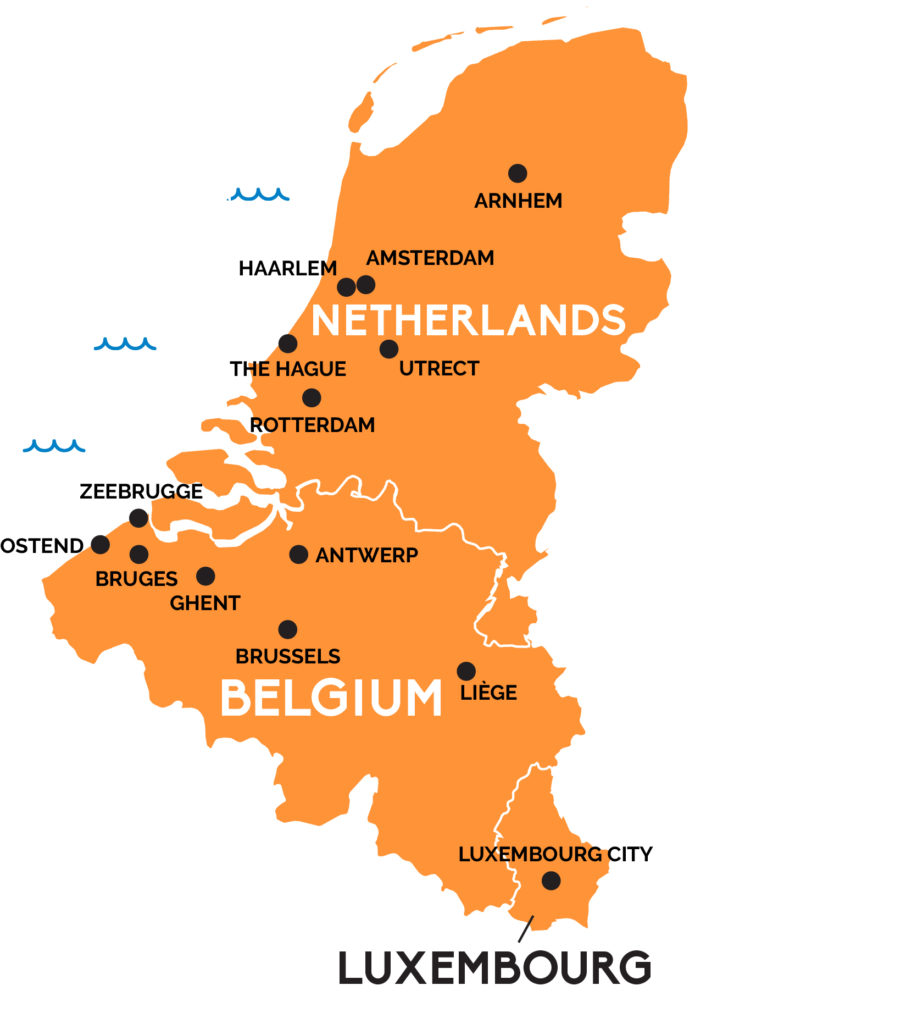
Key Benelux Facts
With just 2% of the EU population, Belgium accounted for 18% of its biotech market capitalization.
Belgium and The Netherlands have been recognized as the most globalized countries in the world.
Belgium, The Netherlands and Luxembourg are ranked among the top 25 most innovative countries in the world.
Catholic University – Leuven (KU-Leuven) in Belgium is ranked the 7th most innovative university in the world. For three years straight, it has been recognized as Europe’s most innovative university.
Belgium is No. 2 in European pharmaceutical exports, behind only Germany. It also ranks 2nd in Europe in the number of drug clinical trials per capita. 80% of trials are driven by private industry.
The Benelux area is one of the wealthiest in Europe – with GDP per capita at nearly twice the European average. Nearly 80% of Europe’s buying power is within 500 miles of Brussels.
The Belgian region of Flanders has more solar cells per square kilometer than anywhere in Europe.
Wageningen University and Research – The Netherlands – Ranked No. 1 globally for Agricultural Sciences by US News and World Report; No. 85 best overall global university.
The Netherlands and Belgium rank 7th and 8th respectively in exports per capita, according to Wikipedia and the World Factbook of the CIA.
The Netherlands and Belgium rank in the top 25 trading countries for imports and exports for the Carolinas and Georgia.
NOTE: Most descriptions below are pulled directly from the related association’s website.
Key Benelux Sectors
Clean Tech
From Cleantech Flanders:

10,874 companies in Flanders are committed to sustainable technologies. 49% of these companies are primarily focusing on sustainable energy, 20% on mobility, 16% on water and 15% on sustainable materials. All of these companies achieved an added value of four billion euros for the Flemish economy in 2016, a figure which was only beaten by the food sector (5.5 billion euros) and the chemical sector (96 billion euros).
Cleantech is also experiencing growth in the field of turnover and number of employees. The turnover in cleantech increased by 12.5% between 2008 and 2016, while its general turnover only increased by 0.75%. The number of employees in cleantech has increased by 5.9%, while the number of employees in general industry has only increased by 2.3%. For SMEs in cleantech, an even more significant increase was noted, namely 13%.
Flanders is hoping to ensure that 50% of the electricity produced stems from renewable energy sources by 2030 and that this figure will be 100% by 2050. In terms of mobility, Flanders would like to only be selling electric cars from 2030 onwards.
Sector Groups
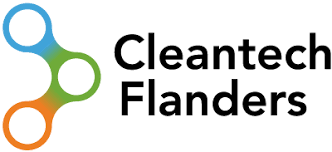
Cleantech Flanders – Cleantech Flanders accelerates the implementation of cleantech at companies through co-creation, collaboration, matchmaking, events and knowledge sharing.
Flux 50 – Flux50 is the membership organization that helps Flanders gain international recognition as a Smart Energy Region. Flux50 facilitates cross-sector collaboration between energy, IT and building companies to enhance the competitiveness of the Flemish smart energy industry in the transition towards low carbon systems.
To bring innovative and fully-integrated energy products and – services to the international market, Flux50 sets up and coordinates living labs in five ‘innovator zones’: (1) energy harbors, (2) microgrids, (3) multi-energy solutions at district level, (4) energy cloud platforms and (5) intelligent renovation.
Solarise – The objective of this project is to facilitate the large-scale deployment of solar electricity/heat generation in the 2 Seas and support the EU to meet its target of 20% energy consumption from renewables by 2020. The consortium tests and demonstrates a series of innovative solar solutions on historical/public buildings and households (with focus on low income families) in both urban and rural settings. Each demonstrator reduces the cost of solar energy generation in combination with innovative storage technology to enhance efficiencies and greater use at point of generation rather than export to the grid.
SOLARISE brings together partners from business, academic and public sectors and citizens to stimulate change in the current situation and delivers a comprehensive business case that looks at future financing and investment opportunities in solar generation.
TWEED – (Technology of Wallonia Energy, Environment and sustainable Development) aims to play a major role in the business development of sustainable energy sectors.
Its first mission is to pave the way for the setting up of high quality and industrial-size projects in the fields of production and exploitation of sustainable energy, profitable enough to attract appropriate financial means.
“Sustainable energy” covers the following areas:
— Renewable energy sources ;
— The implementation of new processes in order to achieve energy savings, energy efficiency or the reduction of greenhouse gas emissions, including CO2, at industrial level and in the tertiary sector ;
— The development of products pursuing the same goals, for industry, the tertiary sector or individuals («green» services and goods).
Potential Partners
VITO – Flanders’ Institute for Technological Research: a leading European independent research and technology organization active in the areas of cleantech and sustainable development.
VIB – Flanders’ Institute for Biotechnology conducts basic research with a strong focus on transforming scientific insights into pharmaceutical, agricultural and industrial applications.

Imec – Europe’s leading research center in micro- and nanoelectronics as well as digital technology – Imec works with global leaders in in solar cell production to maximize solar efficiency using photovoltaic technology.
EnergyVille – Officially launched in September 2016, EnergyVille unites the research institutes of KU Leuven, VITO and imec to investigate sustainable energy and intelligent energy systems. It strives to become one of the top five European institutes in innovative energy research.
Flanders’ Smart Hub – A knowledge region in the center of Belgium encircling Brussels, the capital of the European Union. Its hallmark technologies focus on health, food, logistics, media, creative industry and cleantech.
Sampling of Events
Flemish Cleantech Companies Pitch to the Chinese Brussels, Feb. 5, 2019
World Energy Outlook – Brussels, Feb. 5, 2019
Cleantech Forum – Leuven, March 21, 2019
Agriculture Technology
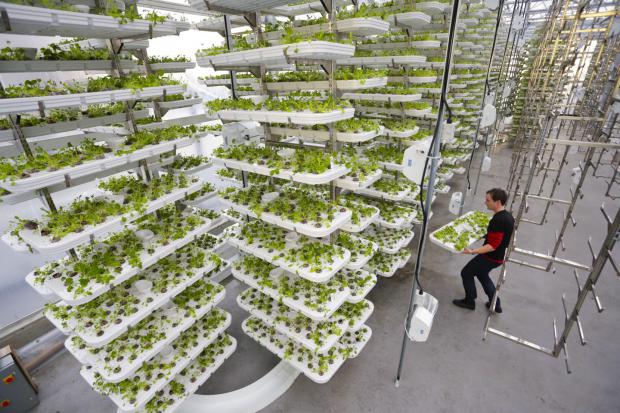
The Netherlands is the world’s second-largest exporter of food as measured by value, second only to the U.S. That’s amazing, considering the U.S. has 270 times the landmass of the Netherlands.
“Even a lot of people in the Netherlands don’t realize that agriculture is that strong,” says Ernst van den Ende, managing director of Wageningen University & Research (WUR) Plant Sciences Group.
So how do the Dutch do it?
WUR, located 50 miles southeast of Amsterdam, has helped to key the country’s agricultural success.
–Successful Farming, Feb. 21, 2018
Sector Groups
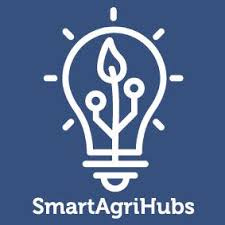
SmartAgriHubs – A new initiative beginning this year, SmartAgriHubs will leverage, strengthen and connect local DIHs, and 20 000 Competence Centres (CCs) throughout Europe. SmartAgriHubs has already put together a large network of 140 Digital Innovation Hubs (DIH) by building on its existing projects and ecosystems such as Internet of Food and Farm (IoF2020). All DIHs are aligned with 9 regional clusters, which are led by organizations that are closely related to national or regional digitization initiatives and funds. This multi-layer approach is supported by 28 Innovation experiments in which ideas, concepts and prototypes are further developed and introduced into the market. More than 2 million farms are expected to be involved through 4000 experiments, bringing the process of digitization closer to the specific needs of the farmers.
Smart Digital Farming – SDF is an initiative of companies active in innovative precision farming -and livestock breeding with as main objectives:
1) Deploy economic potential and enhance the competitiveness of enterprises active in Flanders via collaboration initiatives in the agrifood sector.
2) Contribute with solutions to the societal/agricultural challenges with a direct economical added value for Flemish SMEs.
3) Stimulate open innovation, capacity building, and international opportunities within the Industry 4.0 ecosystem.
4) Evolve into a Digital Innovation Hub in SmartAgriHubs.
Potential Partners
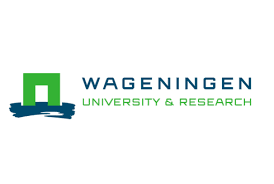
Wageningen University and Research – The Netherlands – Ranked No. 1 globally for Agricultural Sciences by US News and World Report; No. 85 best overall global university.
Ghent University — Belgium — Ranked No. 8 globally for Agricultural Sciences; No. 92 overall.
(FYI –NC State – Ranked No. 45 in Agricultural Sciences; No. 217 overall)
EIP-Agra – The agricultural European Innovation Partnership (EIP-AGRI) works to foster competitive and sustainable farming and forestry that ‘achieves more and better from less’. It contributes to ensuring a steady supply of food, feed and biomaterials, developing its work in harmony with the essential natural resources on which farming depends.
Flanders’ Smart Hub – A knowledge region in the center of Belgium encircling Brussels, the capital of the European Union. Its hallmark technologies focus on health, food, logistics, media, creative industry and cleantech.
Sampling of Events
Innovation and Collaboration in Plant Breeding for Sustainable Agriculture – Amsterdam, April 14-16, 2019
Inspiriting Rural Europe – Brussels, April 11-12, 2019
Life Sciences
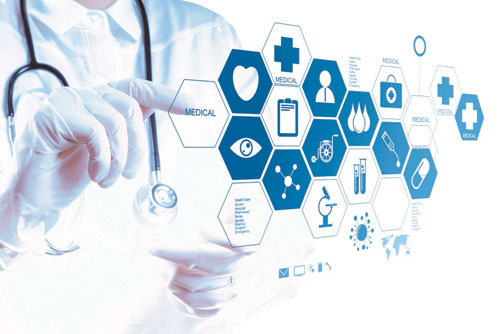
Holland is home to more than 2,900 innovative life sciences and health companies, employing over 34,000 people, University Medical Centers and research organizations. Together with major multinationals like Janssen, MSD, Amgen, Genmab, Lonza, Astellas, Aduro Biotech, GlaxoSmithKline and Medtronic, the Netherlands boasts one of the most concentrated life sciences regions in the world within a 200 km radius.
Moreover, the country is fueled by world-class health and research institutes, including 12 research universities, 85 hospitals at 131 locations — seven of which are University Medical Centers— 112 outpatient clinics and around 50 public-private partnerships between science, industry and government.
The Netherlands Medicines Evaluation Board (MEB) is one of the top European regulators for central and pharmacovigilance procedures. With Amsterdam becoming the new home for the European Medicines Agency (EMA) in Spring 2019, the Netherlands will become the EU regulatory base for all human and veterinary medicines.
Did you know…
… Flanders is home to the largest R&D hub for plant biotech and emerging industrial biotechnology, and boasts the biggest integrated bio-energy production complex in Europe?
… Belgium (Flanders) is #2 in Europe when it comes to clinical trials per capita, and boasts one of the world’s fastest approval time for clinical trials?
… In Flanders, biotechnology ranks 3rd when it comes to R&D investments?
–Flanders Investment and Trade
Sector Groups
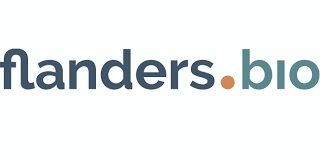
Flanders.bio – Flanders.bio is an independent member-driven life sciences cluster organization in Flanders (Belgium – EU). Flanders.bio strengthens the ecosystem by facilitating partnering amongst its members. It creates value in the cluster by bringing expertise and a clear strategy to enhance the growth of its members and enabling innovation via a portfolio of activities and programs.
BioWin – Created in 2006, BioWin, the Health Cluster of Wallonia (Belgium) is the regional reference player for all the stakeholders (companies, research centers and universities) involved in innovative R&D projects and/or skills development in the field of health biotechnology and medical technologies.
Task Force Health Care – Task Force Health Care (TFHC) has been representing the Dutch Life Sciences & Health sector since 1996. Our various TFHC Platforms consist of partners from industry, knowledge institutes, NGO’s, healthcare providers and the government, all active in the Dutch Life Sciences & Health sector. These partners provide innovative and sustainable solutions to global (and local) healthcare challenges and are active all over the world. In the last decade we visited and maintained relationships with more than 30 countries and created a sustainable & special focus on: Africa, Asia, Europe, Latin America, North America and the Middle East.
Potential Partners
VIB – Research institute for biotechnology.
VITO – Institute for technological research in cleantech and sustainable development. It focuses, among other things, on independent research and infrastructure – from lab testing to upscaling – for chemical, pharmaceutical and biotech processes.
Imec – Research institute for nanotechnology and digital technology.
Health RI – The development of novel personalized health solutions requires the integration of highly diverse collections of longitudinal health and biomedical data, generated at different hospitals and research centers. In Health-RI, the common goal is to interconnect these biomedical resources, empowering researchers to develop better personalized medicine and health solutions. Health-RI is the interconnected infrastructure for personalized medicine & health research in the Netherlands.
Netherlands Federation of University Hospitals – The Netherlands Federation of University Medical Centers (Dutch Federation of University Medical Centers) (NFU) represents the eight cooperating UMCs in the Netherlands, as an advocate for and employer of 65,000 people.
European Medicines Agency – The European Medicines Agency (EMA) is a decentralised agency of the European Union (EU) responsible for the scientific evaluation, supervision and safety monitoring of medicines in the EU. It recently moved to Amsterdam.
Sampling of Events
World of Health Care – Rotterdam, Sept. 26, 2019
eHealth Projectathon – Brussels, February 22 & 23, 2019
Advanced Manufacturing and Technology
Sector Groups
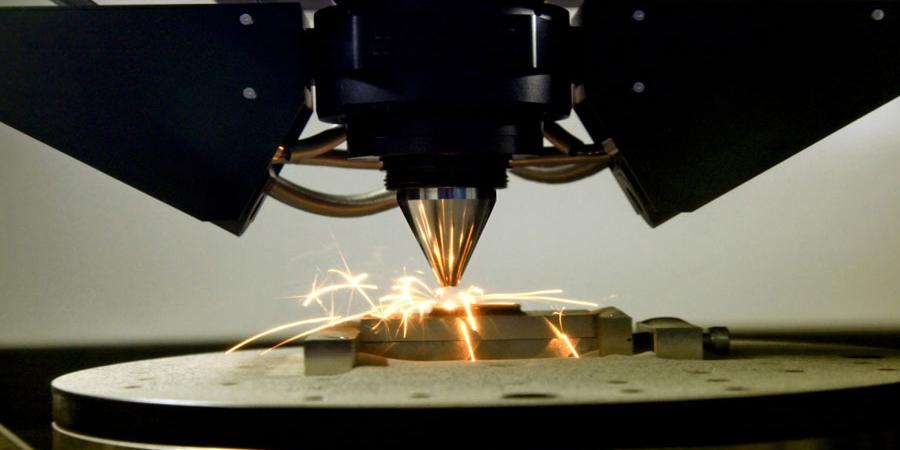
Holland High Tech – Holland High Tech organizes the programming by companies, research institutions and governments in the Dutch high-tech sector of joint research; availability of manpower in science and technology; and access to foreign knowledge and foreign markets.
Agoria – Agoria is Belgium’s largest employers’ organisation and trade association. The companies represented by Agoria are active in 8 markets (Transport & Mobility Technology Solutions, Machine Construction & Production Systems Technology Solutions, Food & Beverage Technology Solutions, Healthcare Technology Solutions, Financial Services Technology Solutions, Sports & Entertainment Events Technology Solutions, Building & Urban Development Technology Solutions, Energy Technology Solutions) and 5 industries (Building Contracting & Technical Services Industries, Manufacturing Industries, Materials Industries, Aeronautics, Space, Security & Defence Industries, Digital Industries).
Potential Partners
Imec – Research institute for nanotechnology and digital technology.
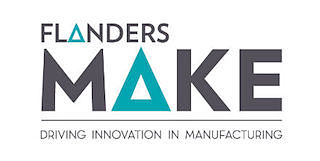
FlandersMake – Flanders Make is the strategic research center for the manufacturing industry. From our offices all over Flanders we stimulate open innovation through high-quality research.
Sirris – Sirris is the collective knowledge center of the technological production industry, focusing on ICT, advanced manufacturing, mechatronics, and materials. The center helps companies to develop, test, and effectively implement marketable technological innovations.
Sampling of Events
Biotech Meets Digital – Brussels March 21
Financial Technology
Agoria Financial Services Club – Financial Services Technology Club includes companies specialised in IT solutions for the Financial Services industry: from eID applications, specialized banking software (such as loaning, anti-money laundering, back office, secure payment) and e-banking, to software and hardware for authentication and self-service solutions. Due to its establishment within the framework of the Belgian federation for the technology industry, the Club can rely on a wide international network and a strong base.
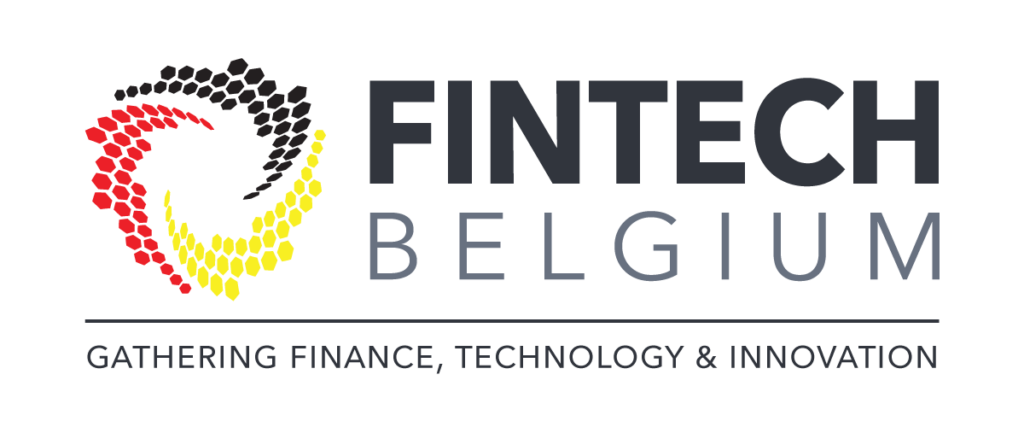
FinTech Belgium – FinTech Belgium is the first and biggest community of Fintechers in Belgium. We are a community for financial professionals, startup entrepreneurs and investors, who are interested in discovering and discussing disruptive business models and new technology for the financial services industry. Our missions:
— To be a platform for dialogue with regulators and other parties. We have already represented our members at several round table discussions. A member assembly is organized every year to discuss with FinTechers and hear what they have to say.
— To actively and tangibly promote the FinTech sector in Belgium and Belgian FinTechs abroad. We give the opportunity to our members to present their products and services during our events. Through collaborations, we exchange with other countries FinTech associations and events.
— To share the experience, knowledge and information within and outside the community. We aim to organise a yearly summit on FinTech and an evening-conference every two months in which networking is highly important and appreciated. The interest for our social medias and discussion groups is growing every day.

